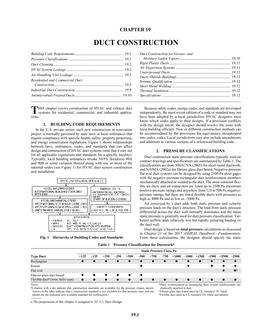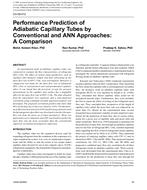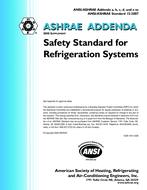This paper evaluates the accuracy of 18 design-phase building energy models, used for documentation for LEED Canada certification, and analyzes the effectiveness of simple model calibration steps applied to these models. The calibration steps included inputting actual weather data, adding unregulated loads, revising process loads (often with submetered data), and updating a minimal number of other inputs. In net, the design-phase energy models under-predicted the total measured energy consumption by 36%. Following the above outlined calibration steps, this error was reduced to a net 7% under-prediction. For the monthly Energy Use Intensity (EUI) the coefficient of variation of the root mean square error improved from 45% to 24%. Revising the process loads was particularly important in these cases. This step alone increased the EUI by 32% on average (15% median) in the models. This impact far exceeded that of calibrating the weather data, even in a sensitivity test using extreme weather years. These results suggest that although compliance-type energy models can be poor predictors of actual energy use, practitioners may be able to make initial strides toward calibration with relatively little effort.
Citation: ASHRAE/IBPSA-USA Bldg Simulation Conf, Atlanta, GA, Sept 2014
Product Details
- Published:
- 2014
- Number of Pages:
- 9
- File Size:
- 1 file , 3 MB
- Product Code(s):
- D-BSC14-22


